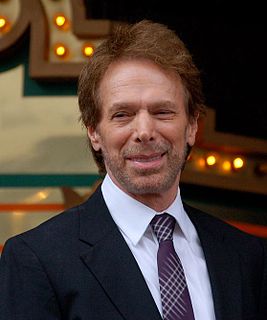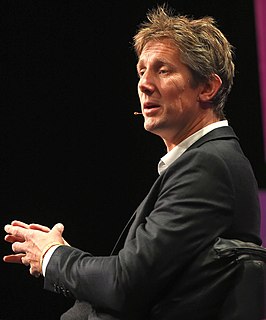A Quote by Michelle Singletary
You'll feel better when you get all that debt off your back.
Related Quotes
You don't pay back your parents. You can't. The debt you owe them gets collected by your children, who hand it down in turn. It's a sort of entailment. Or if you don't have children of the body, it's left as a debt to your common humanity. Or to your God, if you possess or are possessed by one. The family economy evades calculation in the gross planetary product. It's the only deal I know where, when you give more than you get, you aren't bankrupted - but rather, vastly enriched.
Debt is a trap, especially student debt, which is enormous, far larger than credit card debt. It’s a trap for the rest of your life because the laws are designed so that you can’t get out of it. If a business, say, gets in too much debt it can declare bankruptcy, but individuals can almost never be relieved of student debt through bankruptcy.
Debt is a trap, especially student debt, which is enormous, far larger than credit card debt. It's a trap for the rest of your life because the laws are designed so that you can't get out of it. If a business, say, gets in too much debt, it can declare bankruptcy, but individuals can almost never be relieved of student debt through bankruptcy.




























